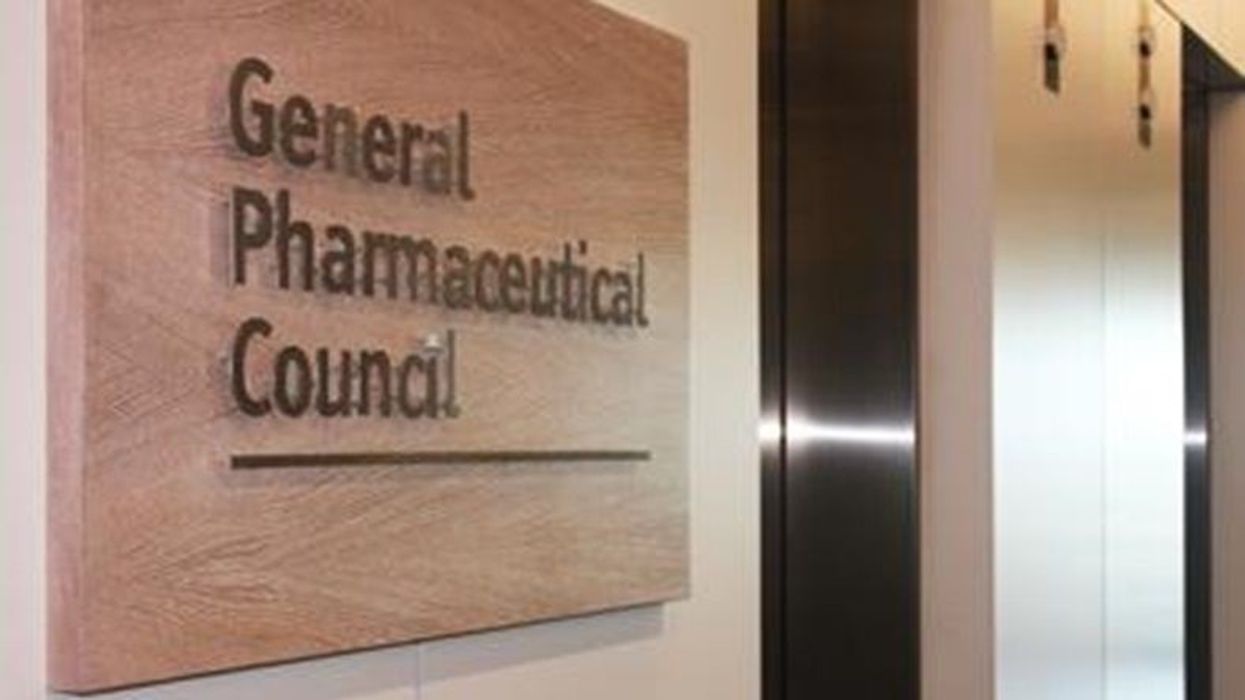The Royal Pharmaceutical Society (RPS) is refreshing its Professional Standards for Homecare Services and will be shared for consultation in August to allow comment and input on the updated content.
The final version is expected to be completed in the autumn.
The standards were originally published in 2013 and are a framework to support teams providing and commissioning homecare services. Homecare medicines services deliver medication, and any necessary associated care, direct to the patient’s home with their consent.
The standards help patients experience a consistent quality of homecare services, irrespective of provider, will protect them from avoidable incidents and help them get the best outcomes from their medicines.
Jennifer Allen, The Chief Pharmaceutical Officer’s Clinical Fellow leading the refresh at RPS said: “It has been 10 years since the first set of Homecare Standards were published, so it is important that they are reviewed and brought up to date to reflect current service design, medicine pathways and delivery models to ensure patients receive safe and effective medication supply and associated care.”
To carry out the refresh, a multidisciplinary UK wide task and finish group has been set up, including representatives from The Association of Pharmacy Technicians and the Royal College of Nursing.











